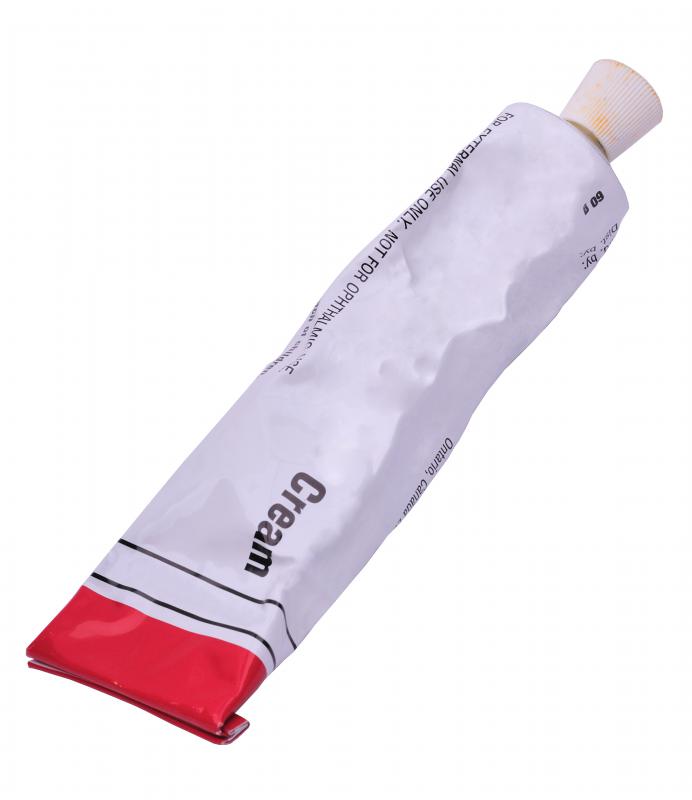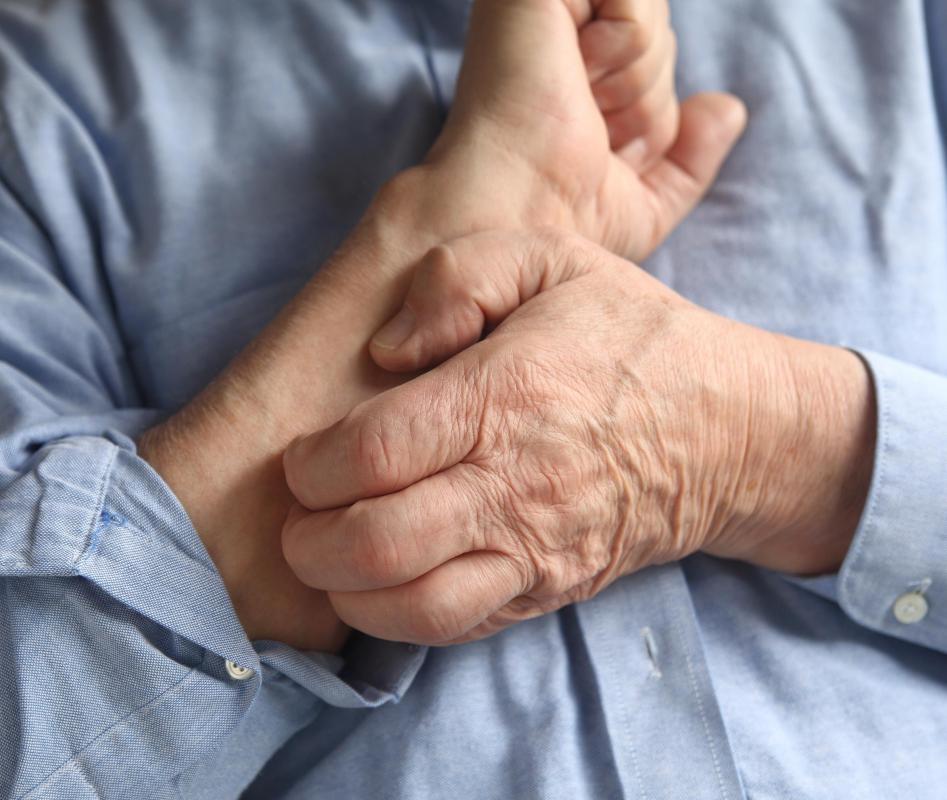At TheHealthBoard, we're committed to delivering accurate, trustworthy information. Our expert-authored content is rigorously fact-checked and sourced from credible authorities. Discover how we uphold the highest standards in providing you with reliable knowledge.
What Causes Itchy Skin Rashes?
Most people experience itchy skin rashes at some point in their lives, because skin irritation is a common condition that comes and goes for a variety of reasons. There are several causes for itchy skin rashes, many of which result in bumpy, inflamed, swollen or scaly skin that affects one part or multiple areas of the body. These symptoms of itchy skin are usually caused by a bacterial or viral infection, by exposure to an irritant or by internal conditions.
First, fungal and viral infections commonly cause itchy skin rashes that are easily spread. For example, ringworm — also known as tinea corporis — is a fungal infection that is characterized by a ring on the skin that is itchy, raised, red and scaly at the site of contact with the fungus. Chickenpox, caused by the Varicella zoster virus, is an example of a viral infection that creates a skin rash. The chickenpox rash consists of several itchy and sore pockmarks that appear all over the body.

Exposures to irritants — a condition that is sometimes referred to as contact dermatitis — also can be the root of itchy skin rashes. One example of this type of exposure is when a person comes into contact with poison ivy. When people are exposed to poison ivy, they experience a rash that appears blister-like in form. The blisters are pink or red in color and very itchy. Another example of exposure to irritants is when the skin comes into contact with soap, detergents or jewelry that is irritating, causing an inflamed rash to form that usually disappears when the substance is no longer in contact with the skin.

Finally, internal conditions can also be responsible for itchy skin rashes. Atopic dermatitis, which is commonly referred to as eczema, is an example of this type of skin rash. Eczema rashes typically occur in childhood but can also appear in adulthood as dry patches of skin on the body that are bumpy, scaly and extremely itchy. Additionally, allergies are another internal condition that can cause skin rashes all over the body. Allergic reactions usually result in hives, which are patches of flat and inflamed welts.

Many people scratch rashes as an immediate method of relief. This provides only a temporary break from the discomfort that rashes can cause. Furthermore, scratching can prolong the rash and make tiny cuts in the skin, leaving it vulnerable to infection. Though itchy skin rashes appear in a variety of forms, many of them can be treated with a topical or oral medication known as an antihistamine, which helps to reduce inflammation and itchiness.
AS FEATURED ON:
AS FEATURED ON:






















Discussion Comments
Once serious health ailments are ruled out as causes of skin rashes that itch, switching to skin products that are all natural should help. Additives, chemicals, parabens, and petroleum-based ingredients often cause skin irritations. Natural, organic, and vegan products do not contain these harsh ingredients, and are more gentle to the skin.
Products that are formulated for babies are also great alternatives for people who are prone to skin rashes. Since these items are formulated for delicate skin, they are less likely to cause skin rashes than other types of lotions, creams, soaps, and shampoos.
There are so many types of skin rashes, it would be very difficult to diagnose one on your own unless you know the exact cause. Trying a moisturizing lotion or cortisone cream is a good start. However, if these simple treatments don't work, you should seek medical attention.
Many people are also allergic to things that can cause skin irritations. Pets, cleaners, cosmetics, and more can trigger a reactions that cause skin rashes. By visiting your doctor or dermatologist, you will be able to rule out serious health issues and also get the best medical advice for avoiding a re-occurrence of the rash.
Once you have your skin rash diagnosed, it is important that you follow your doctor's recommendations. If you don't take medications that are prescribed or avoid things that may be causing your rash, it will keep coming back.
Post your comments